Partners
LIMSI (coordinator)
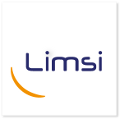
The Computer Sciences Laboratory for Mechanics and Engineering Sciences (LIMSI) is a CNRS laboratory (UPR 3251) with 250 people and 120 permanents. The ILES group is well- known in the field of NLP. Within this group, different topics are addressed, among which information extraction, question-answering, corpus linguistics, and error analysis. LIMSI has participated in a number of projects, among which the most recent and related to this proposal are the Quæro program and the ANR projects TecSan Akenaton, Accordys, Vigi4Med and Cabernet. It has also participated in several international challenges on biomedical text mining (I2B2, CLEF) and on querying Linked Data (QALD).
Thierry Hamon (scientific coordinator), Cyril Grouin, Anne-Laure Ligozat, Pierre Zweigenbaum
MESHS-STL
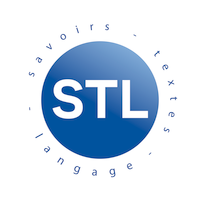

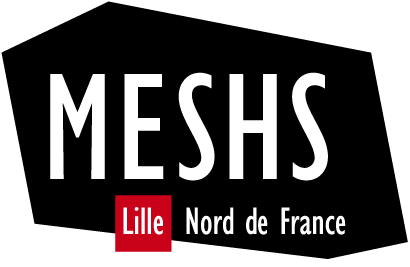
This partner is composed of three teams from Université de Lille 3: STL, GERiiCO and MESHS. STL (Savoirs, textes, langage), UMR CNRS 8163, is a multidisciplinary research laboratory composed of researchers from linguistics, philology, philosophy and history of the sciences. The strength of the linguistic research is consolidated by the collaboration between theoretical linguists and NLP researchers. For several years, STL has been involved in projects on the biomedical field. GERiiCO (EA 4073) is a multidisciplinary research laboratory composed of researchers from information and documentation sciences, computer sciences and digital documents analysis. In particular, the team works on several projects which aim at defining processes to automatically identify and pre-process heterogeneous digital documents from the Web, and then to extract knowledge with NLP and Text Mining skills. These two labs are assisted by the USR CNRS 3185 MESHS (Maison Européenne des Sciences de l’Homme et de la Société) for the management and valorization of results and knowledge produced. MESHS provides indeed an important network of local social actors and researchers.
Natalia Grabar, Antonio Balvet, Eric Kergosien, Fayssal Tayalati
Université de Bordeaux

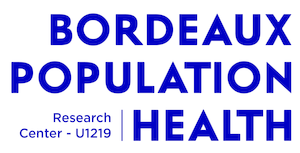
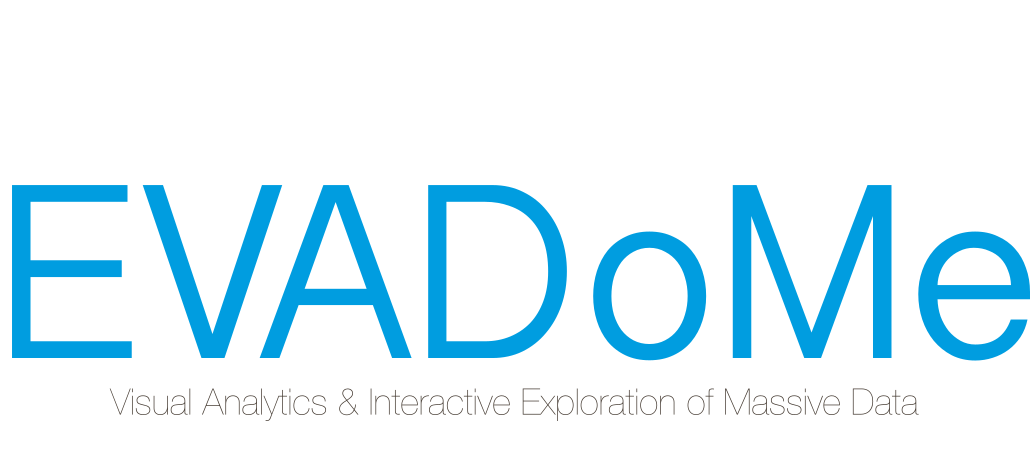 This partner is composed of three teams: ERIAS, CRPV and MABioVis. ERIAS
(Équipe de Recherche en Informatique Appliquée à la Santé) is an emerging research team and part of the Bordeaux Population Health Research Center INSERM CR1219. Its research interests focus on semantic Web and
more precisely, on knowledge representation and information retrieval applied to the biomedical domain. In
addition, ERIAS participated in the development of a new method of automatic signal detection of adverse drug
reactions in pharmacovigilance. The CRPV (Regional Center for Pharmacovigilance and Drug Information) of
Bordeaux is part of the national network of pharmacovigilance centers, coordinated by the National Security
Agency of Medicines and Health Products (ANSM). The center has among its tasks to assess the ADEs, to
transmit them to the ANSM, and to inform health professionals and the public about the drugs, their risks and
proper use. It has developed expertise in pharmacoepidemiology (signal identification, risks and benefits in
real-life, imputability, etc.). The MABioVis (Models and Algorithms for Bioinformatics and information Visualization) team of the Laboratoire Bordelais de Recherche en Informatique (LaBRI) is specifically interested
in information visualization. For constructing efficient representations of data, the following themes are investigated: the definition and use of dedicated metrics, graph drawing, data mining and development of reliable
data structures and algorithms.
This partner is composed of three teams: ERIAS, CRPV and MABioVis. ERIAS
(Équipe de Recherche en Informatique Appliquée à la Santé) is an emerging research team and part of the Bordeaux Population Health Research Center INSERM CR1219. Its research interests focus on semantic Web and
more precisely, on knowledge representation and information retrieval applied to the biomedical domain. In
addition, ERIAS participated in the development of a new method of automatic signal detection of adverse drug
reactions in pharmacovigilance. The CRPV (Regional Center for Pharmacovigilance and Drug Information) of
Bordeaux is part of the national network of pharmacovigilance centers, coordinated by the National Security
Agency of Medicines and Health Products (ANSM). The center has among its tasks to assess the ADEs, to
transmit them to the ANSM, and to inform health professionals and the public about the drugs, their risks and
proper use. It has developed expertise in pharmacoepidemiology (signal identification, risks and benefits in
real-life, imputability, etc.). The MABioVis (Models and Algorithms for Bioinformatics and information Visualization) team of the Laboratoire Bordelais de Recherche en Informatique (LaBRI) is specifically interested
in information visualization. For constructing efficient representations of data, the following themes are investigated: the definition and use of dedicated metrics, graph drawing, data mining and development of reliable
data structures and algorithms.
Fleur Mougin, David Auber, Romain Bourqui, Amélie Daveluy, Gayo Diallo, Vianney Jouhet, Ghada Miremont-Salamé, Frantz Thiessard
CNHIM
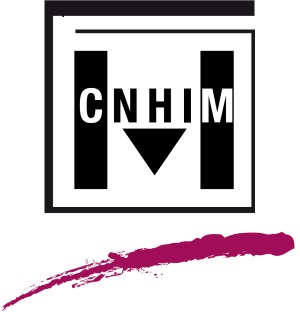
Centre National Hospitalier d’Information sur le Médicament (CNHIM) has been founded in 1979. The CNHIM is a non-profit association created by three hospital pharmacy federations. CNHIM is governed by voluntary health professionals and develops products through their 10 employees. Its objective is to disseminate information on drugs suitable for health professionals, independently from pharmaceutical industry. In that respect, the association proposes the Thériaque DB since 1982 (http://www.theriaque.org). This database has been approved by the French National Authority for Health (HAS) in 2009 and 2015, and aims at providing health professionals and patients with exhaustive and reliable information about the drugs available in France. More than 350 French hospitals (including the main university hospitals) have implemented Thériaque into their Computerized Prescription Order Entry System (CPOE) in order to propose drug decision systems (drug-drug interaction, drug recommended dosage...). In addition, Thériaque is accessible for health professionals and patients through a website (more than 70,000 new visits weekly) and a smartphone application for members and associates. CNHIM is currently developing collaborations with health professionals associations such as SFMG (General Practitioners French Society), SFPC (Clinical Pharmacy French Society), and Medicine and Pharmacy Faculties in order to release web and smartphone application for health professionals and students.
Pierrick Bedouch, Xavier Dode, Bernard Certain,Vincent Depras, Pierre-Olivier Bertollaud
Antidot
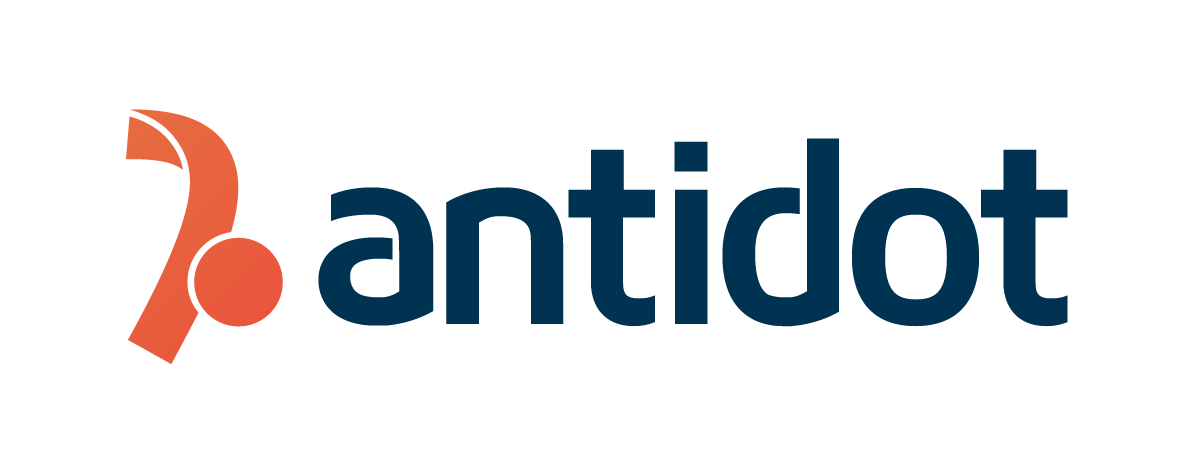
Antidot is a software editor specialized in data information processing. Antidot provides ready-to-use solutions for information search and access. Antidot Information Factory (AIF) is an integrated development environment used to create processing workflows that captures, normalizes and enriches data, through a set of ready-to-use components, as well as user-defined ones. Antidot Finder Suite (AFS) is a semantic search engine that provides access to information through mixed full-text and faceted queries. Antidot processes Semantic Web resources and Linked Data through specialized components. Antidot invests more than half of its revenues in R&D. Antidot has been several times member or leader of research projects: ANR-MDCO Cartec (2007), FUI Samar (2009), ANR-Contint Accordys (2012) and OpenSensingCity (2015). Antidot has worked several times on e-health projects (ANR Accordys, UniCancer ConSoRe, CNAM Recherche Santé, etc.).
Jérôme Mainka, Eric Noulard